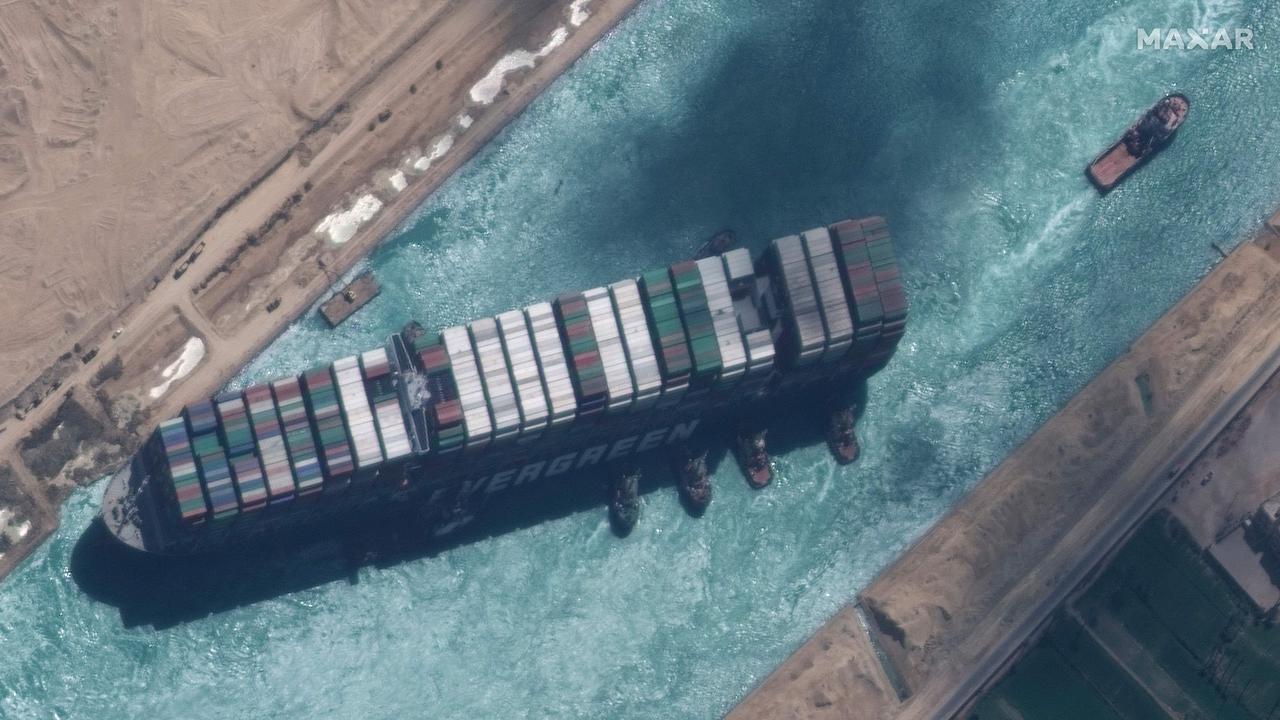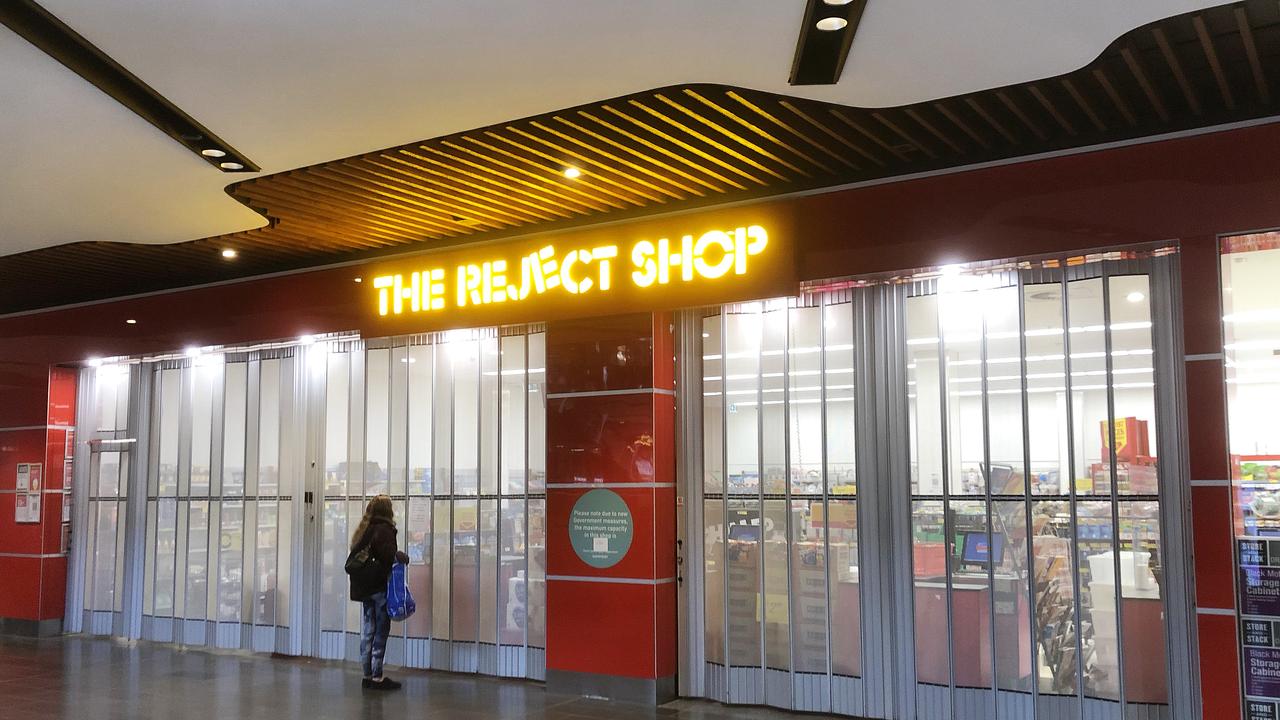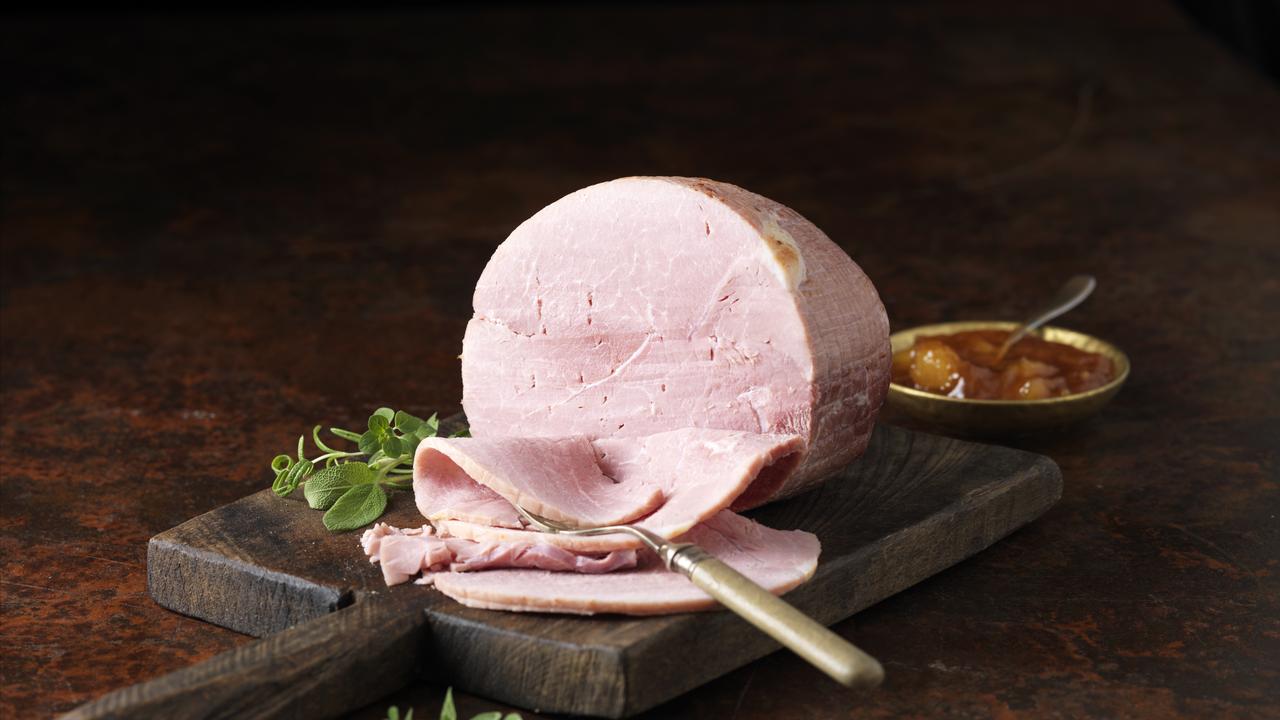Global shipping crisis to affect Australian Christmas presents and beyond
As if 2021 hasn’t been a tough enough year, Australians are now facing having no presents for Christmas. And delays won’t stop until 2023.
As if 2021 hasn’t been a tough enough year, Australians are now facing having no presents for Christmas.
Australian shoppers might need to order their Christmas presents now if they want them to arrive in time.
A global shipping crisis means it will be difficult for consumers to buy Christmas gifts from overseas and also for retailers to have their shops stocked for the festive season.
Brian Walker, CEO from the Retail Doctor Group, said that the next month was normally when retailers sourced their stock but they were having problems.
“This September to October is the window to secure their products,” he told news.com.au.
“By now these products should be starting to trickle into the country. Retailers are trying to stock up where they can.”
However, he said the task was proving challenging because of disruptions to the supply chain at a global level.
The retail expert had a word of warning for consumers.
“It’s definitely more challenging for consumers to order online internationally at this point,” he said, adding that there’s “only a very short window of time left”.
Another expert has warned that the delays will last well beyond Christmas 2021 – possibly until early 2023.

Mr Walker said “the entire supply chain is impacted by Covid” from manufacturing to processing all the way to freight.
China is “one of the key players” in global shipping but the country has been hit hard by Covid-19.
Mr Walker said there were staff shortages at factories because of coronavirus infections, resulting in less manufacturing.
Ningbo, a major port city in China, ground all shipments to a halt for two weeks last month after a port worker tested positive to Covid-19.
Last week, three of China’s busiest ports had to shut down temporarily due to a typhoon.
This last closure caused experts to forecast a $14 billion hit to the global trade industry.
Jackson Meyer, chief executive of Victorian-based freight forwarding firm Verus Global, said: “The situation is so dire, that I firmly believe things won’t go back to normal until at least early 2023.
“For world trade, 2020 was a bad year, 2021 hasn’t been any better, unfortunately 2022 is set to top them all.”
Mr Walker added: “Up to 30-40 containers at any given time are sitting in China unable to get through.”
This is particularly problematic considering that 15 per cent of all of Australia’s spending happens in the lead up to the Christmas season.
Aussies spend $55 billion on retail products around December, with $350 billion spent over the course of the entire year.

Mr Walker said it would be smaller general merchandise items like toys and electronic games that would be the most difficult to source for Christmas.
Prominent retailers are “openly talking about it” including JB Hi-Fi and Super Retail Group which oversees stores including Supercheap Auto, Rebel and BCF.
Discount chain The Reject Shop, which has more than 350 stores nationally, said it took an unexpected $9m hit from international shipping costs for the 2021 financial year.
Mr Meyer added that furniture was also taking a hit from the shipping crisis.
But it’s not all bad news.
“There’s still a vast array of products available domestically,” Mr Walker assured consumers.
“It might be time to look more domestically this Christmas, support local businesses.”
A pretty bare pile under the Christmas tree isn’t the only setback for the festive season. Christmas ham might also be in short supply.

Mr Walker said supply issues weren’t just happening internationally; they were also happening in Australia because of interstate border closures and labour shortages.
With backpackers and many foreign workers returning to their home countries, there hasn’t been enough staff for Australia’s agrarian sector, causing
Meat including ham as well as fresh fruit and vegetables are not able to keep up with demand.
Melbourne abattoirs are having to get by at an estimated 80 per cent capacity because of coronavirus restrictions, which is expected to create a backlog for meat supply.
News.com.au previously reported that the pressure on food supply chains could cause a price hike in groceries.
Australia has experienced a 3.8 per cent rise on the Consumer Price Index (CPI) in a year — which was the highest increase since 2008 when the world was in the throes of the Global Financial Crisis.
The CPI looks at the consumer goods and services purchased by households, however it is worth noting it doesn’t solely include groceries.
ABS data shows households are paying about three per cent more for fruit and vegetables over the last 18 months.
Prices could potentially start to rise by Christmas, particularly for vegetables, fruit and meat.




